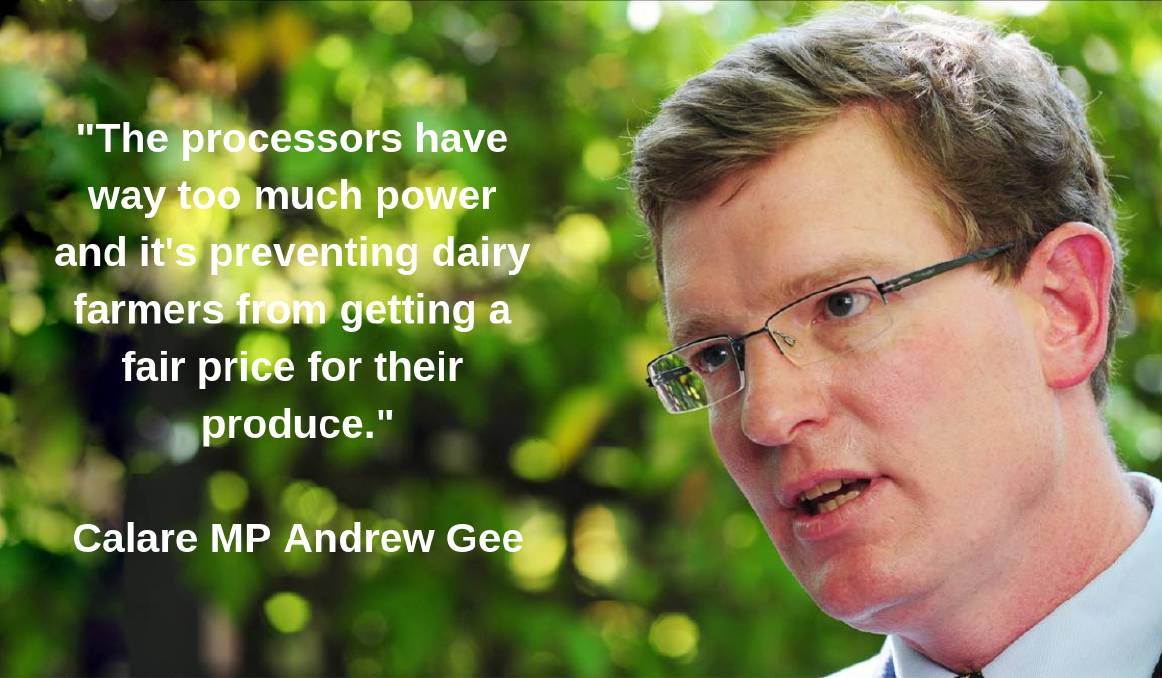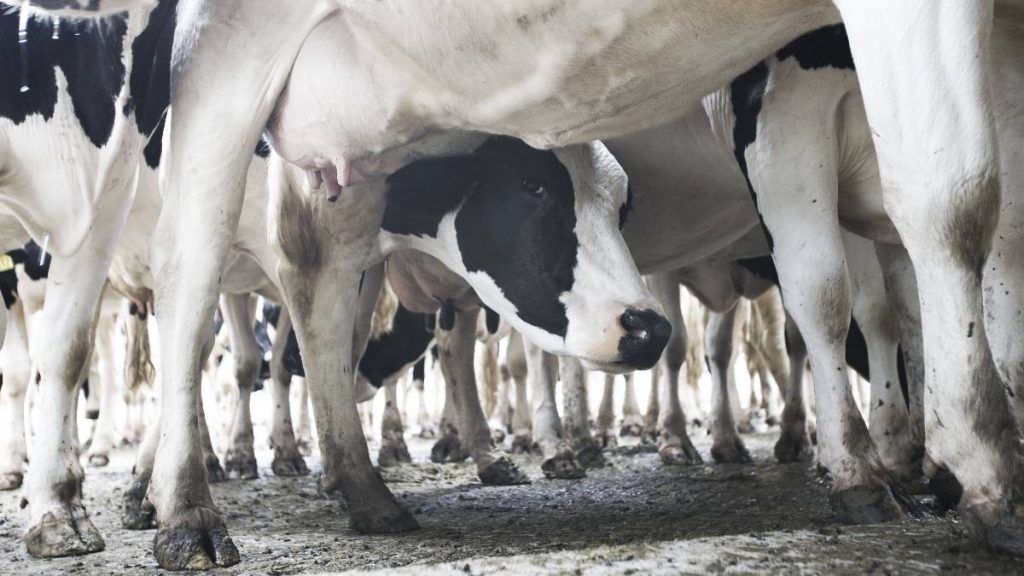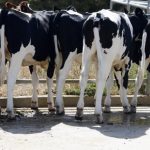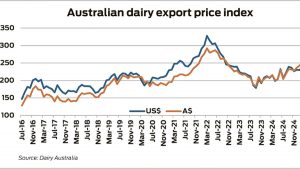
Last week Labor tried to force a vote in parliament requiring the competition watchdog to investigate setting a minimum price on milk.
“I think Labor’s proposal has initial appeal, but the more you look into it, it just looks like a political stunt,” Mr Gee said.
“It’s giving people false hope when I don’t think they have any intention of bringing it in.
“While change is needed, this change is unlikely even under Labor because Labor isn’t saying that they’ll bring it in [the floor price], all they’re saying is they’ll investigate it.
Mr Gee said the introduction of a floor price for wool during the 1980s caused the near-destruction of that sector.

“There were massive wool stockpiles, it ultimately caused prices to plunge, it hurt a lot of producers,” he said.
“It made people leave the industry and I think that that experience does loom large in the memories of many farming organisations.”
Mr Gee said the farming and dairy industries were treating Labor’s idea of a floor price with scepticism.
“The ACCC [Australian Competition and Consumer Commission] has just done a huge inquiry into the dairy industry and they’ve handed down their final report and they are not proposing or pushing for or recommending a floor price,” he said.
Mr Gee said the adoption of the ACCC’s recommendations, coupled with supermarket chains ceasing their $1 a litre milk, would give the industry real hope for the future.
“It’s got to be a re-balancing of the bargaining power between the dairy farmers and producers and the ACCC has recommended the introduction of a mandatory code of conduct,” he said.
“The processors have way too much power and it’s preventing dairy farmers from getting a fair price for their produce.
“They’re basically at the mercy of the processor in this bargaining situation that they’re in, their contracts are not fair.”
Mr Gee said a code of conduct would ensure transparency in pricing and would ensure dairy farmers were in the position to get a better deal.
“Make no mistake change is needed, what’s going on at the moment can’t continue,” he said.






















